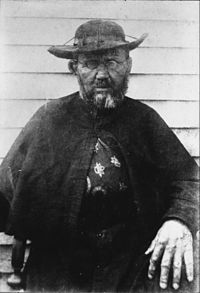In short, the answer is “yes,” if that is at all possible.
By “last rites” is usually meant the administration of the Sacraments to the dying: namely, the Sacrament of Reconciliation (Confession), the Annointing of the Sick, and the Eucharist, commonly called the Viaticum (the “food for the journey”). (Evidently, Reconciliation and the Eucharist are given only if the patient is conscious and still capable of receiving food or drink.) Have a look at http://www.ibreviary.com/m2/preghiere.php?tipo=Rito&id=229&b=1 for a short form of these rites.
In reality, none of these sacraments poses a significant risk to the priest who administers them, no more than it does for the doctors and nurses who take care of the patients.
In an extreme case, such as with Ebola, the priest would be expected to take the same precautions as the doctors and nurses (such as full body suits, disinfection, and so on).
Note that only the Annointing of the Sick actually involves bodily contact—it entails an annointing of the hands and forehead—and it could be done with appropriate protection, such as gloves, if that were necessary. (See the Code of Canon Law 1000§2. Confession involves no bodily contact at all, and the Eucharist could be given to the patient with gloves, using an instrument, or in a receptacle that could be purified and sterlized afterwards. Any gloves or other clothing that come in contact with the sacred oil or the Eucharist would have to be disposed of reverently, most likely by burning.)

